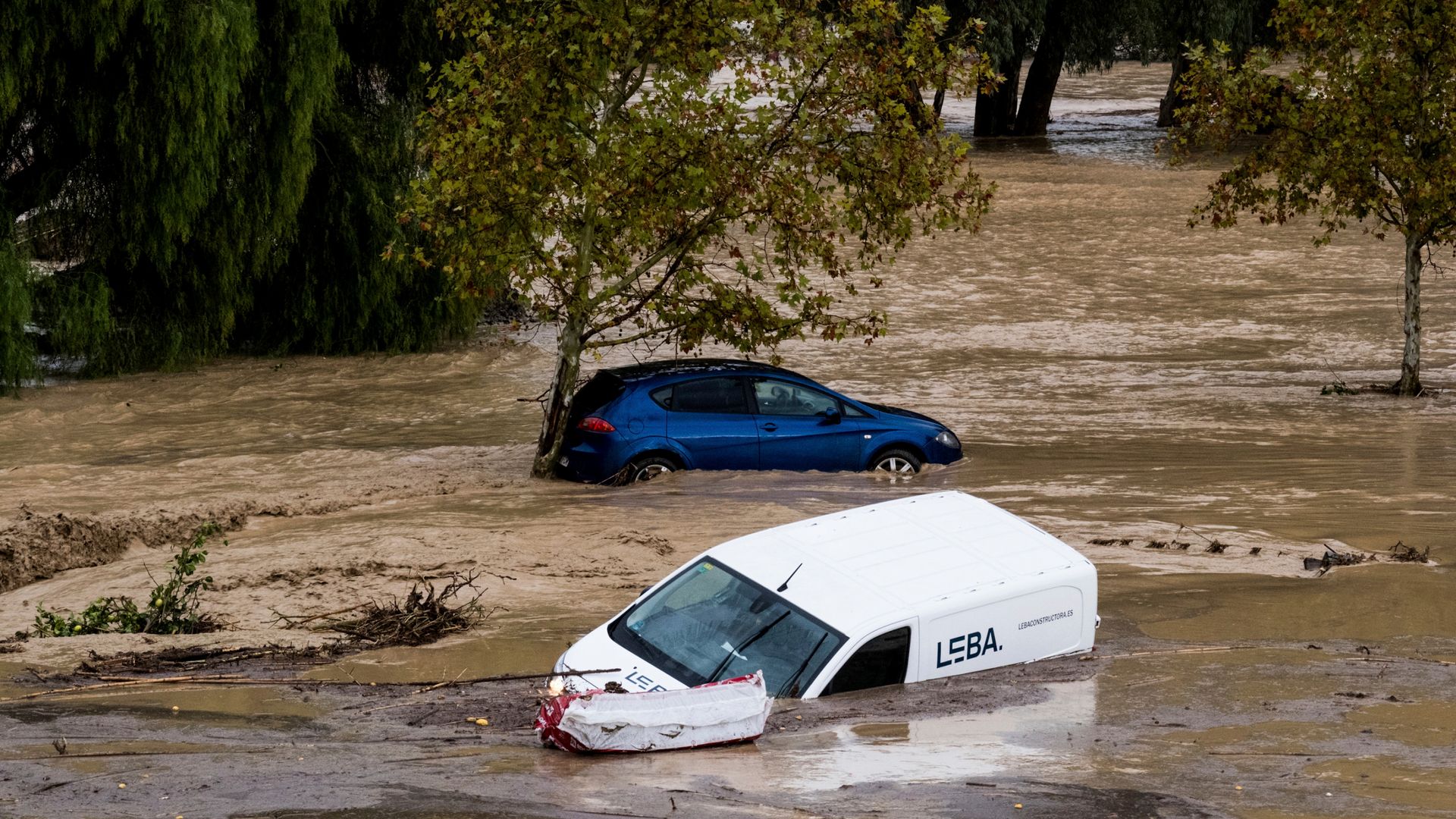
The BDN Opinion section operates independently and does not set newsroom policies or contribute to reporting or editing articles elsewhere in the newspaper or on bangordailynews.com.
James Settele is the executive director of the University of Maine’s Graduate School of Policy & International Affairs. He is a retired U.S. Navy captain. Jamie Barnett is a member of the American Security Project Consensus for American Security. He is a retired U.S. Navy rear admiral.
As the year winds to a close, many are reflecting on the challenges and achievements of the past 12 months. One achievement we can collectively be proud of is the climate investments we’ve made at the state and federal levels.
Here in Maine, we continue to lead on heat pump distribution and other consistent and compelling action that not only benefits our communities but makes our nation safer. Earlier this year, President Joe Biden invoked the Defense Production Act to accelerate clean energy, and the Inflation Reduction Act passed this fall provides more than 24 clean energy tax credits and incentives to facilitate the clean energy transition. These investments in clean energy and pollution reductions are necessary for our economic competitiveness, environmental and personal health, and our national security.
With our combined 59 years of service with the U.S. Navy, we’ve experienced the impacts of climate change firsthand, and know the immense value these investments in clean energy transition can bring to our sailors, soldiers, airmen and Marines. From impacts to our military infrastructure to our readiness and missions, climate change is impacting where, when and how we operate, so achieving our national net-zero emissions goals and moving toward clean energy is essential. It’s why the Army, Navy, and Air Force have made it a priority, and why energy security and the clean energy transition are emphasized in our National Security Strategy and National Defense Strategy.
We know the planning and operational vulnerabilities that come from a dependence on fossil fuels, as well as the connections between electric vehicle (EV) adoption and enhanced national security. As Deputy Secretary of Defense Dr. Kathleen Hicks put it, “EVs are quiet. … they have the potential to reduce logistics requirements … and can help give our troops an edge on the battlefield.” The transition to hybrid and electric vehicles in every branch of the military is already underway, and will have real benefits for our troops both at home and abroad.
As we embark fully into the critical and necessary transition away from fossil fuels, it’s more important than ever that Mainers understand the direct connections between the clean energy transition and national security.
Earlier this year, we had the pleasure of participating in a panel discussion that highlighted Maine’s significant mitigation and adaptation achievements, and while there is still work to be done, we should be proud of what’s been done so far.
President Theodore Roosevelt once said, “Far and away the best prize that life offers is the chance to work hard at work worth doing.” Making the investments for a clean energy transition is indeed hard work but is very much worth doing. Maine has embodied this philosophy and built on its reputation as a national leader in climate adaptation and mitigation through programs like the Clean Energy Partnership. And now, just after the second anniversary of Maine Won’t Wait and Gov. Janet Mill’s announcement of $5.4 million in additional climate investments, we look toward 2023 with anticipation and appreciation for even more exciting actions on clean energy.








